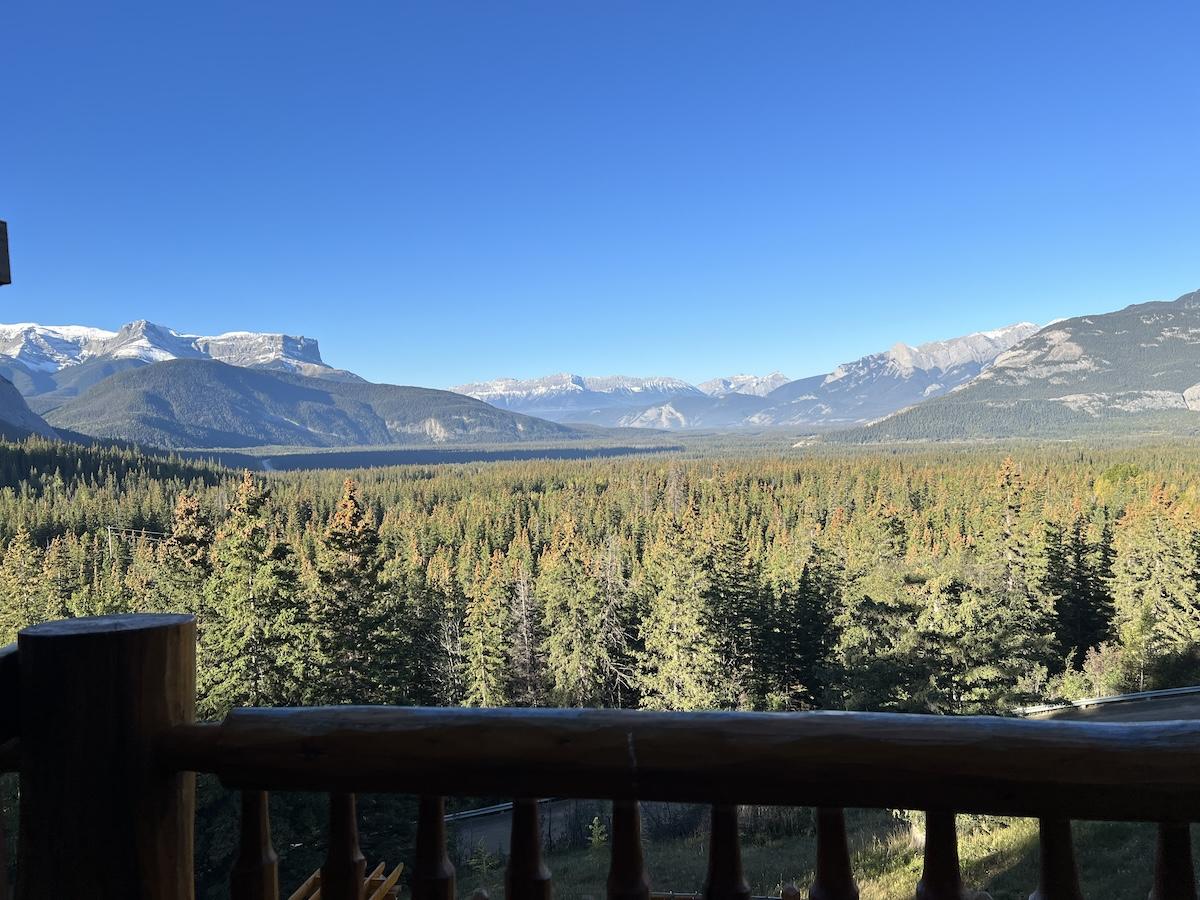
Jasper National Park, a mountain park in Alberta, is set to allow an Indigenous harvest/Jennifer Bain
Parks Canada is working with Simpcw First Nation and Stoney Nation for an Indigenous fauna harvest in Jasper National Park.
“Reintegrating practices like harvesting, in alignment with shared conservation objective, allows Indigenous partners to reconnect to their territories and honours Indigenous rights and cultures,” the federal agency said in a news release.
The harvest can include up to six white-tailed deer, four elk, two bighorn sheep, one moose and two black bears for a community feast. A temporary area closure from Oct. 23 to Nov. 13 will cover the areas east of Snaring River, north of Hwy. 16 and the Athabasca River.
Jasper is in Treaty 6 and 8 as well as the traditional lands of the Anishinabe, Aseniwuche Winewak, Dene-zaa, Nêhiyawak, Secwépemc, Stoney Nakoda, Mountain Métis and Métis. Parks Canada acknowledges “the past, present, and future generations of these nations who continue to steward the land.”
In the 2022 Jasper National Park Management Plan, Parks Canada consulted and gained widespread support to facilitate opportunities for Indigenous partners to sustainably harvest fauna that is also aligned with the maintenance and improvement of ecological integrity.
“A naturally functioning ecosystem can accommodate Indigenous harvesting activities, as Indigenous harvesting activities helped shape the natural environment prior to park establishment when Indigenous people were forcibly removed and excluded from this part of their territories,” Parks Canada said.
The creation of the first national parks disconnected Indigenous peoples from the land. Important land, cultural and livelihood connections were severed as a result of past policies which included the forcible removal of Indigenous peoples who call the land now called Jasper home. This has led to intergenerational harm, and loss of Indigenous knowledge, culture and identity.
Parks Canada has successfully supported Indigenous harvesting activities in protected heritage places across the country, and recognizes these activities are expressions of Indigenous cultures, rights, and responsibilities for their territories and ancestral homelands.
Interest from Indigenous peoples in reconnecting with their cultures and heritage through their territories and homelands, including through Indigenous practices on lands administered by Parks Canada is expected to grow.


